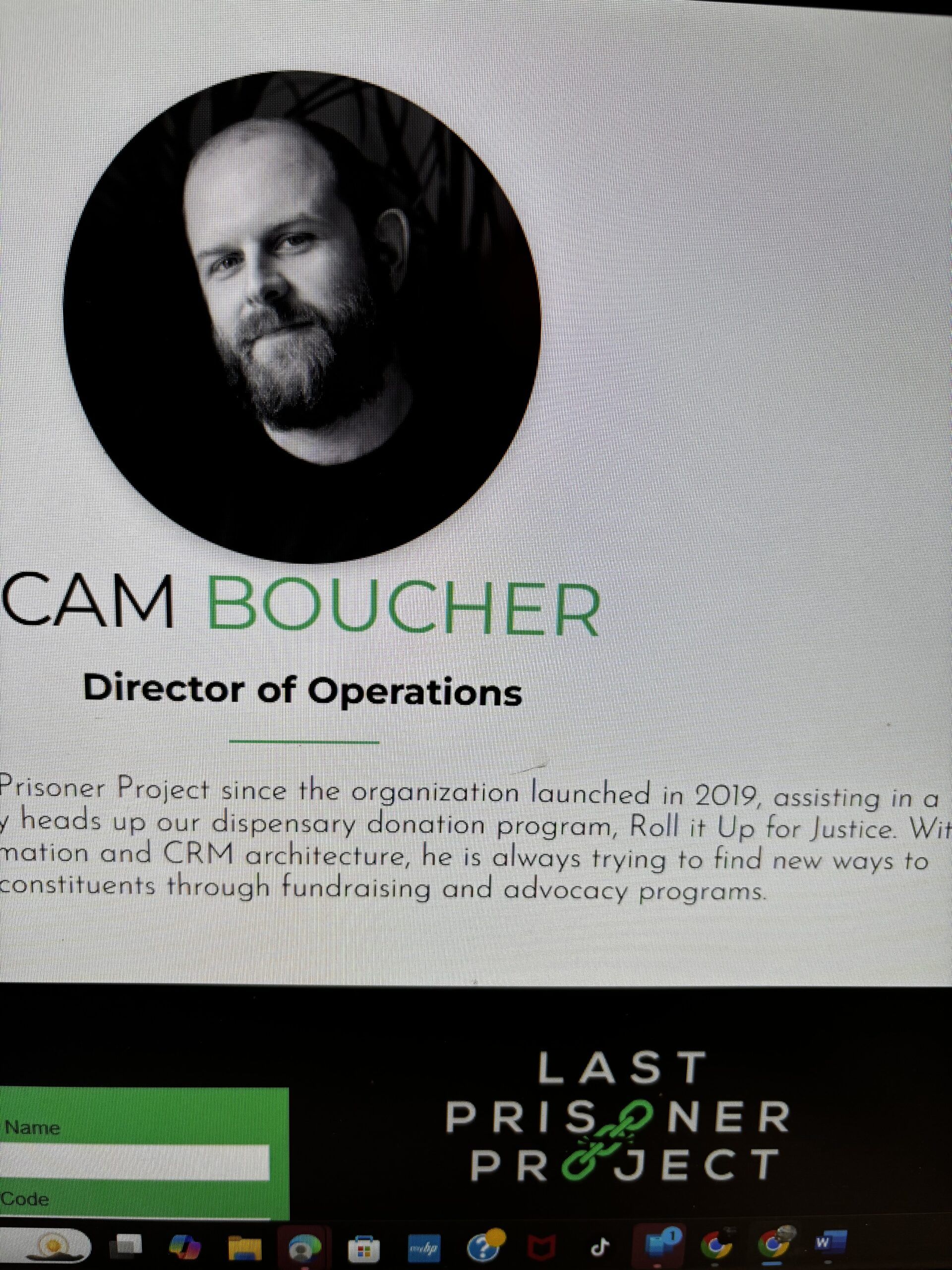Last Prisoner Project Accused Rapist Sorority noise band lead singer Cam Boucher

The Troubling Integrity of Last Prisoner Project: A Deep Dive into Cam Boucher’s Role as Director of Operations
The Last Prisoner Project (LPP) has long positioned itself as a beacon of justice for those incarcerated for cannabis-related offenses. They claim to champion integrity, equity, and the rehabilitation of non-violent offenders. However, their decision to hire Cam Boucher, the former lead singer of Sorority Noise and an accused rapist, as their Director of Operations raises serious questions about their ethical standards and public messaging.
Boucher’s initial response was to shame the victim and dismiss the allegations as “baseless.” He later admitted to seeking treatment after the fallout, raising more questions than answers about his culpability and character.
Why This Matters to the Cannabis Community
The cannabis community has long stood for justice, rehabilitation, and inclusivity. The Last Prisoner Project’s decision to hire Boucher—despite his highly publicized past—flies in the face of these values. It’s particularly troubling given that LPP has publicly stated they do not support individuals with accusations or convictions of sexual violence.
If this is their policy for incarcerated individuals seeking support, why does it not apply to their own leadership team? How can they justify rolling out the red carpet for someone accused of rape while excluding inmates with similar allegations from their programs?
The Hypocrisy Runs Deep
Boucher’s presence at LPP is not just an oversight—it’s a glaring contradiction. By giving him a position of power, LPP is effectively dismissing the allegations against him, undermining their own credibility. Furthermore, his role as Director of Operations directly influences the organization’s decision-making and public image.
This hypocrisy becomes even more egregious when considering Boucher’s own admission to seeking treatment following the cancellation of Sorority Noise’s tour. If his behavior warranted such drastic steps, how does LPP reconcile this with their supposed commitment to integrity?
Victim Shaming and Red Flags
Boucher’s initial reaction to the allegations—shaming the victim and downplaying her experience—is deeply concerning. It suggests a lack of accountability and empathy, qualities that should disqualify anyone from a leadership role in a justice-focused organization. Yet, LPP appears to have overlooked these red flags entirely.
By employing Boucher, the Last Prisoner Project is sending a troubling message to the cannabis community and beyond: that their standards for leadership are flexible when it suits them. This decision undermines their mission and casts doubt on their commitment to the values they claim to uphold.
The cannabis community deserves transparency and accountability from the organizations that claim to represent it. If LPP is unwilling to address these glaring inconsistencies, how can we trust them to fight for justice in a fair and equitable way?
Call to Action
It’s time for the Last Prisoner Project to answer some hard questions. Why is Cam Boucher—an accused rapist—allowed to hold a position of power in their organization? What message does this send to survivors and the cannabis community at large? And most importantly, how do they plan to reconcile this decision with their purported values?
Until these questions are addressed, the integrity of the Last Prisoner Project remains in serious doubt. The cannabis community deserves better.